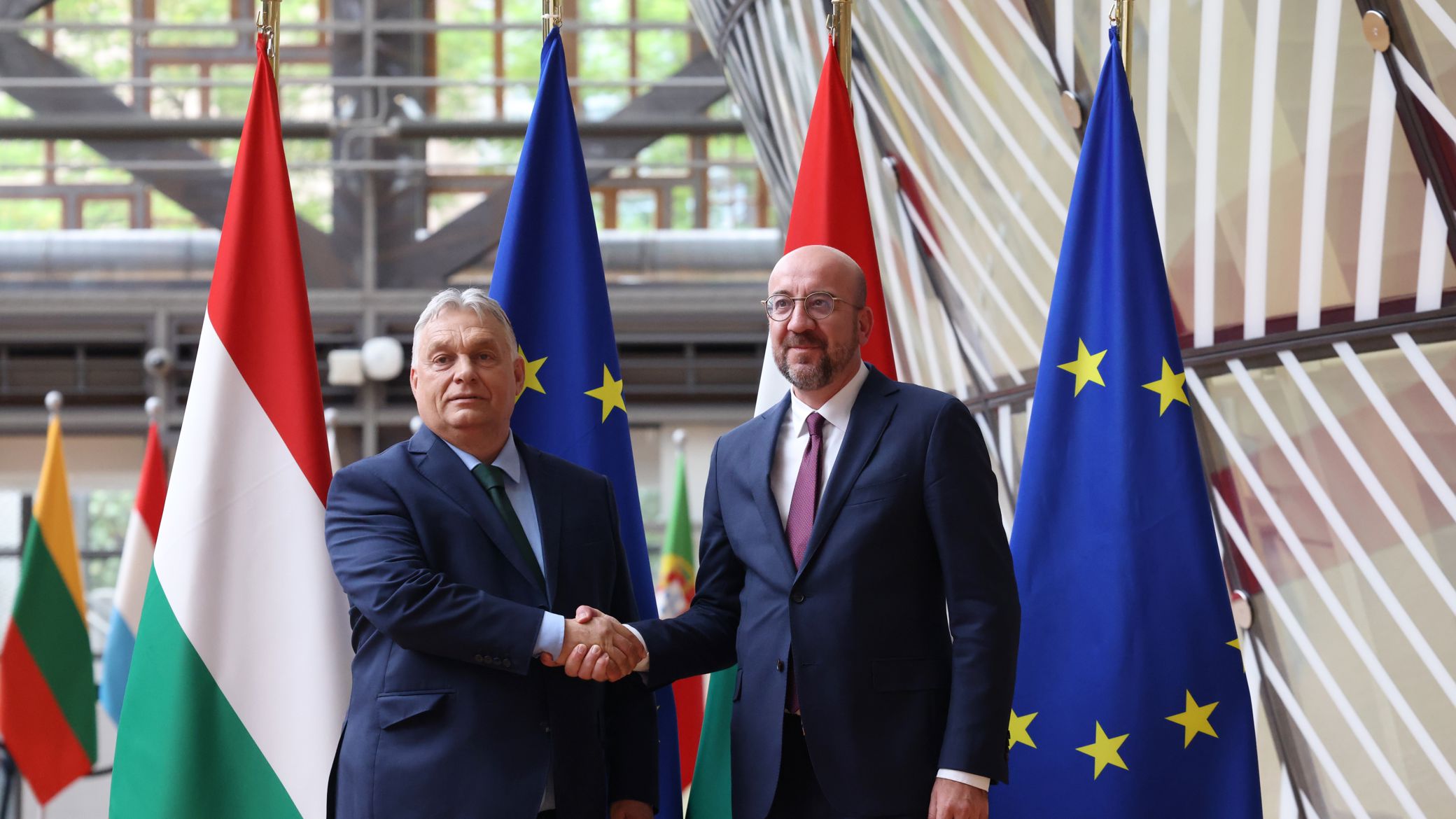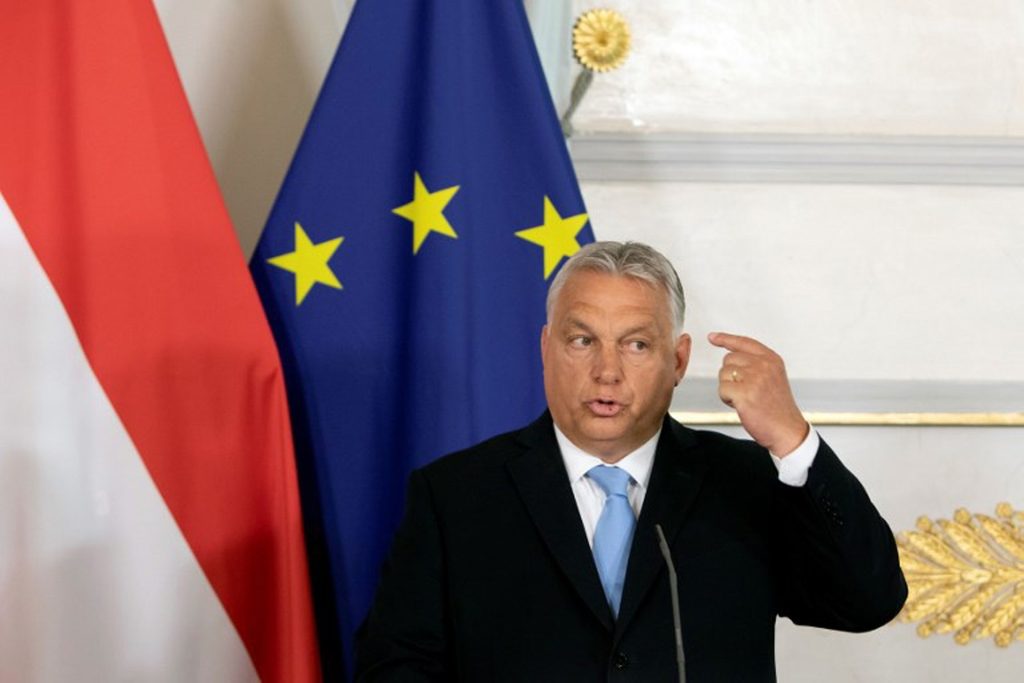Hungary has threatened to send asylum seekers to Brussels to highlight its discontent with EU migration policy. The manouevre illustrates the extent to which displaced people have been dehumanised by European power plays.
"After the asylum procedure, we will offer all migrants at the Hungarian border the opportunity to be transported to Brussels voluntarily and free of charge," Gergely Gulyás, a minister in Prime Minister Viktor Orbán’s office, told a press conference on Thursday. "If Brussels wants migrants, it can have them."
The plan is in retaliation for an EU fine of €200 million for failing to uphold European law, followed by an additional €1 million per day until the issue is resolved. In June, the Court of Justice of the European Union ruled that Budapest "unlawfully detained" migrants and deported them before they were able to appeal their rejected asylum claims, which is a legal right.
Orbán has described the CJEU ruling as "outrageous and unacceptable". Thursday's announcement suggests that Hungary will now allow migrants to enter the country, where they will be offered a "one-way ticket" to Brussels.
Orbán in the seat of power

Viktor Orbán and Charles Michel. Credit: Hungarian Presidency of the EU
On 1 July, Hungary took over the EU Council Presidency from Belgium. Though the role is somewhat symbolic, it does allow presidency holders to set priorities and influence key policy files. Despite Orbán's assurances that he will act as an "honest broker", his liberal counterparts fear he will use the position to disrupt their progressive agenda. The announcement to transfer migrants to Brussels has accelerated calls to remove Orbán from the position.
"Hungary is shirking its responsibility towards other Member States," Brussels-Ville Mayor Philippe Close (PS) posted on X (formerly Twitter). "It is irresponsible to play with the lives of people in distress at the expense of the people of Brussels. It must do its part or leave the EU Council presidency."
People or pawns?
Orbán's announcement highlights the pitfalls of EU migration policy, which fails to protect displaced people from being moved from one place to another to prove a point.
This strategy has also been employed along the Belarus-Poland border since 2021, when Belarussian President Alexander Lukashenko facilitated the arrival of migrants at the border to undermine the EU.

Migrants on the Belarus-Poland border. Credit: MSF
"They reproach me for the fact that migrants are coming through the Belarusian border [...] You have put a noose around my neck in the form of sanctions and demand that I protect the EU from the influx of these migrants. It will not be like that," Lukashenko told Russian media on Monday.
Similarly, Budapest's latest announcement aims to emphasise EU "hypocrisy": sanctioning Hungary for its "transit zones" (statements of intention must be made in embassies in Belgrade and Kyiv before claiming asylum on Hungarian soil) while implementing similar mechanisms in the EU Migration and Asylum Pact.
"Hungary has been condemned for the same practice and is being fined heavily," Gulyás said.

